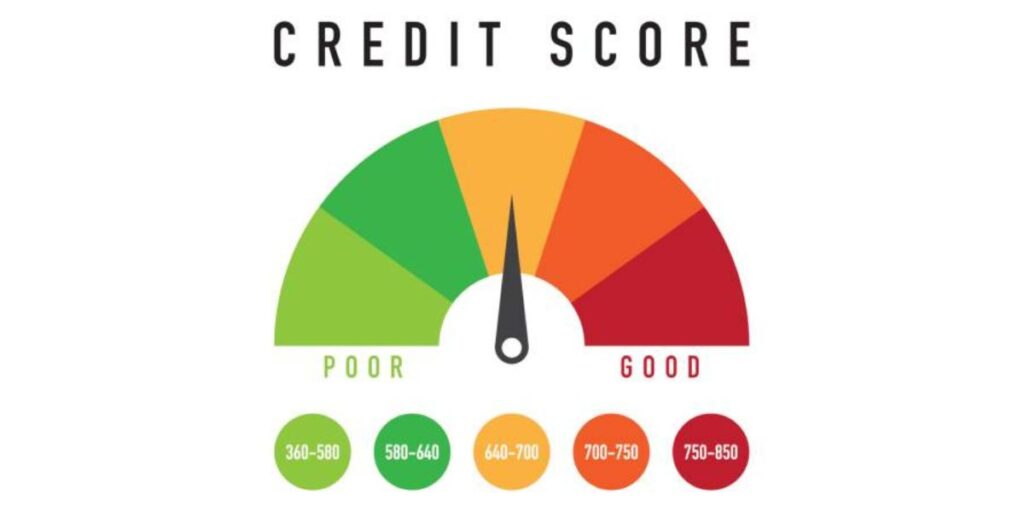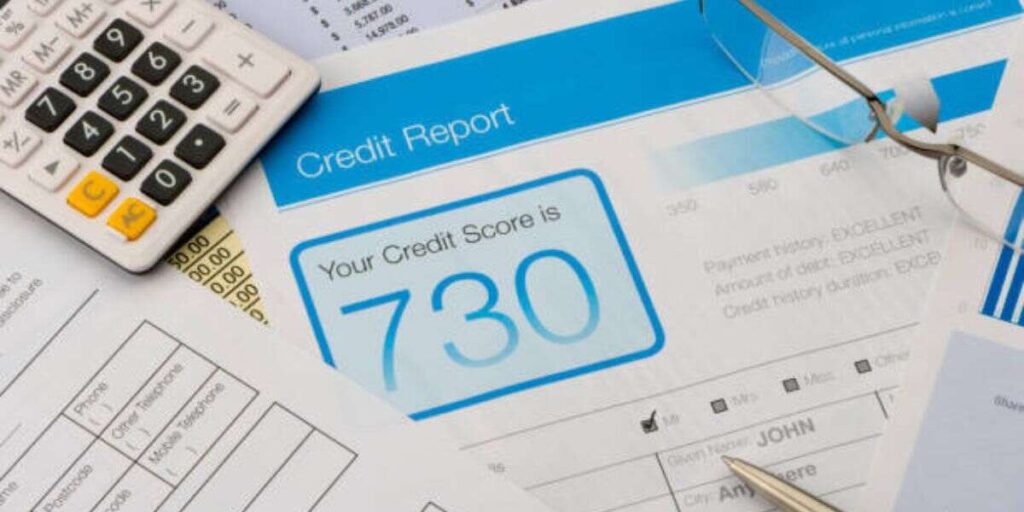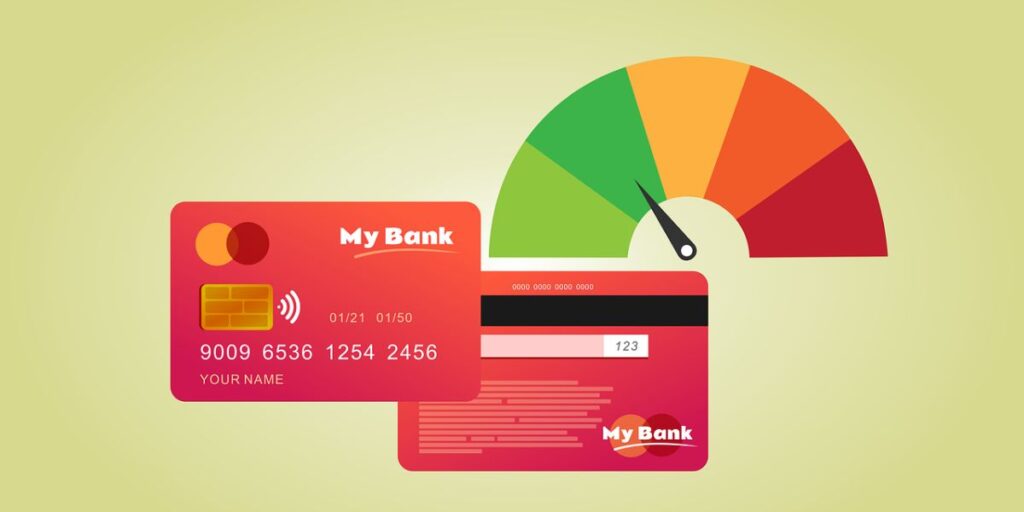In today’s financial world, your CIBIL score plays a crucial role in determining your creditworthiness. But what exactly is a good CIBIL score, and why does it matter? Let’s dive into this topic and make it as simple and user-friendly as possible!

A CIBIL score is a three-digit number ranging from 300 to 900 that reflects your credit history and financial behavior. It’s calculated by the Credit Information Bureau (India) Limited (CIBIL), one of the most well-known credit bureaus in India. This score is used by banks and financial institutions to evaluate your creditworthiness when you apply for loans, credit cards, or other financial products.
Why is a CIBIL Score Important?
Your CIBIL score is like a financial report card. It tells lenders how responsible you are with managing credit. A good CIBIL score can help you:
1.Get Loans and Credit Cards Easily: Lenders are more likely to approve your application if your score is good.
2.Secure Lower Interest Rates: A higher score often leads to lower interest rates, saving you money over time.
3.Enjoy Better Negotiating Power: With a strong score, you have more leverage in negotiating loan terms.
What is Considered a Good CIBIL Score?

A CIBIL score typically ranges from 300 to 900. Here’s a quick breakdown of what these numbers mean:
- 300-549: Poor. This score indicates a high risk of default. It may be challenging to get approved for loans or credit cards.
- 550-649: Fair. You might get approved for some credit products, but the terms might not be favorable.
- 650-699: Good. This range suggests you are a responsible borrower. You can access a variety of credit products with decent terms.
- 700-749: Very Good. Lenders see you as a low-risk borrower, making it easier to secure loans and credit cards with favorable terms.
- 750-900: Excellent. This is the sweet spot! A score in this range offers the good opportunities for borrowing, including the lowest interest rates and good credit products.
How to Maintain a Good CIBIL Score
Maintaining a good CIBIL score isn’t rocket science. Here are some tips:

1.Pay Your Bills on Time: Consistently paying your credit card bills and EMIs on time shows you’re responsible with credit.
2.Keep Credit Utilization Low: Try not to use more than 30-40% of your credit limit. High utilization can negatively impact your score.
3.Avoid Multiple Credit Applications: Applying for several loans or credit cards in a short period can hurt your score.
4.Monitor Your Credit Report: Regularly check your credit report for errors or discrepancies and get them corrected promptly.
Why You Should Aim for a High CIBIL Score
A high CIBIL score is not just a number; it’s a gateway to better financial opportunities. It can help you secure the good loans, credit cards, and interest rates, ultimately saving you money. It also reflects your financial discipline, which can be valuable in various life situations, such as renting an apartment or even securing a job.
A Comprehensive Look at CIBIL Scores
Your CIBIL score, ranging between 300 and 900, plays a crucial role in determining your creditworthiness. This score, calculated by the Credit Information Bureau (India) Limited, impacts your ability to get loans, credit cards, and even some financial services. Understanding the elements that affect your CIBIL score and how it is calculated can help you maintain a good score, opening doors to financial benefits.
Key Factors Affecting Your CIBIL Score

1.Payment History (35%):
This is the most significant factor in calculating your CIBIL score. It reflects how consistently you’ve paid off your debts, including credit card bills, loan EMIs, and other financial obligations. Missing payments or delaying them harms your score significantly. Conversely, timely payments help maintain or improve your score.
2.Credit Utilization Ratio (30%):
This ratio is the percentage of your total available credit that you are using at any given time. If you frequently max out your credit cards or use a large portion of your credit limit, it signals over-reliance on credit, which negatively impacts your score. Keeping your credit utilization below 30% is ideal to maintain a healthy score. For instance, if your total credit limit is ₹1,00,000, you should aim to use less than ₹30,000.
3.Length of Credit History (15%):
The longer your credit history, the better it is for your score. Lenders prefer to see a long record of responsible credit usage. If you’ve held a credit card or loan for several years and have consistently paid it on time, it will positively influence your CIBIL score.

4.Credit Mix (10%):
Having a diverse mix of credit types, such as credit cards, personal loans, and mortgages, can boost your score. It demonstrates your ability to manage different forms of credit responsibly. A balanced mix between secured and unsecured loans shows lenders that you can handle a variety of credit products.
5.New Credit Inquiries (10%):
When you apply for new credit, the lender checks your credit report, which is known as a “hard inquiry.” Too many hard inquiries within a short period can lower your score because it suggests that you might be financially overextended. Limiting the number of credit applications can help maintain your score.
Goto : Homepage
